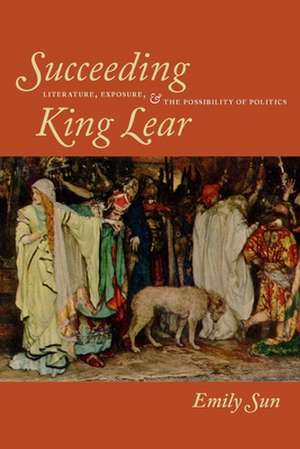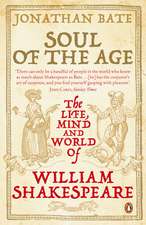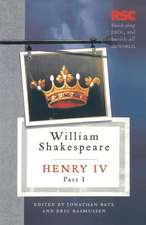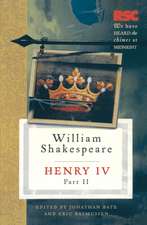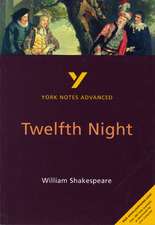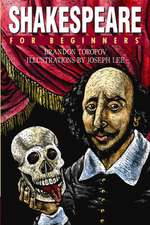Succeeding King Lear – Literature, Exposure, and the Possibility of Politics
Autor Emily Sunen Limba Engleză Paperback – 31 oct 2012
| Toate formatele și edițiile | Preț | Express |
|---|---|---|
| Paperback (1) | 185.82 lei 43-57 zile | |
| ME – Fordham University Press – 31 oct 2012 | 185.82 lei 43-57 zile | |
| Hardback (1) | 477.82 lei 43-57 zile | |
| Wiley – 6 sep 2010 | 477.82 lei 43-57 zile |
Preț: 185.82 lei
Nou
Puncte Express: 279
Preț estimativ în valută:
35.57€ • 38.65$ • 29.90£
35.57€ • 38.65$ • 29.90£
Carte tipărită la comandă
Livrare economică 21 aprilie-05 mai
Preluare comenzi: 021 569.72.76
Specificații
ISBN-13: 9780823232819
ISBN-10: 0823232816
Pagini: 176
Ilustrații: 7 b&w illustrations
Dimensiuni: 189 x 229 x 14 mm
Greutate: 0.25 kg
Editura: ME – Fordham University Press
ISBN-10: 0823232816
Pagini: 176
Ilustrații: 7 b&w illustrations
Dimensiuni: 189 x 229 x 14 mm
Greutate: 0.25 kg
Editura: ME – Fordham University Press
Recenzii
. . . Provides a thoughtful reading of King Lear through a political lens. A. Castaldo, ChoiceAn excellent work of theoretical synthesis applied to thoughtful, continuously challenging readings of texts that at once form an intuitive unity and at the same time consistently resist and correct preconception through Suns circumspect, nimble critical strategies. Paul Fry, Yale UniversityEmily Sun has written an ambitious study that is a delight to read on how literary works foster a truly active rather than passive spectatorship as well as a plural speech necessary to avoid tyrannous political theologies. Drawing in on major contemporary theorists, her patient and clarifying style, with its ability to zoom from large questions to telling textual detail, compels us to think anew about this task. All of us, her moving book insists, literary consumers or creators, must succeed great works of art in the sense of accepting and bringing to completion their demanding legacy. Geoffrey Hartman, Sterling Professor Emeritus, Yale University
Notă biografică
Descriere
Offers an original way of thinking literary history and a new approach to the question of the relations between literature and politics in modernity
